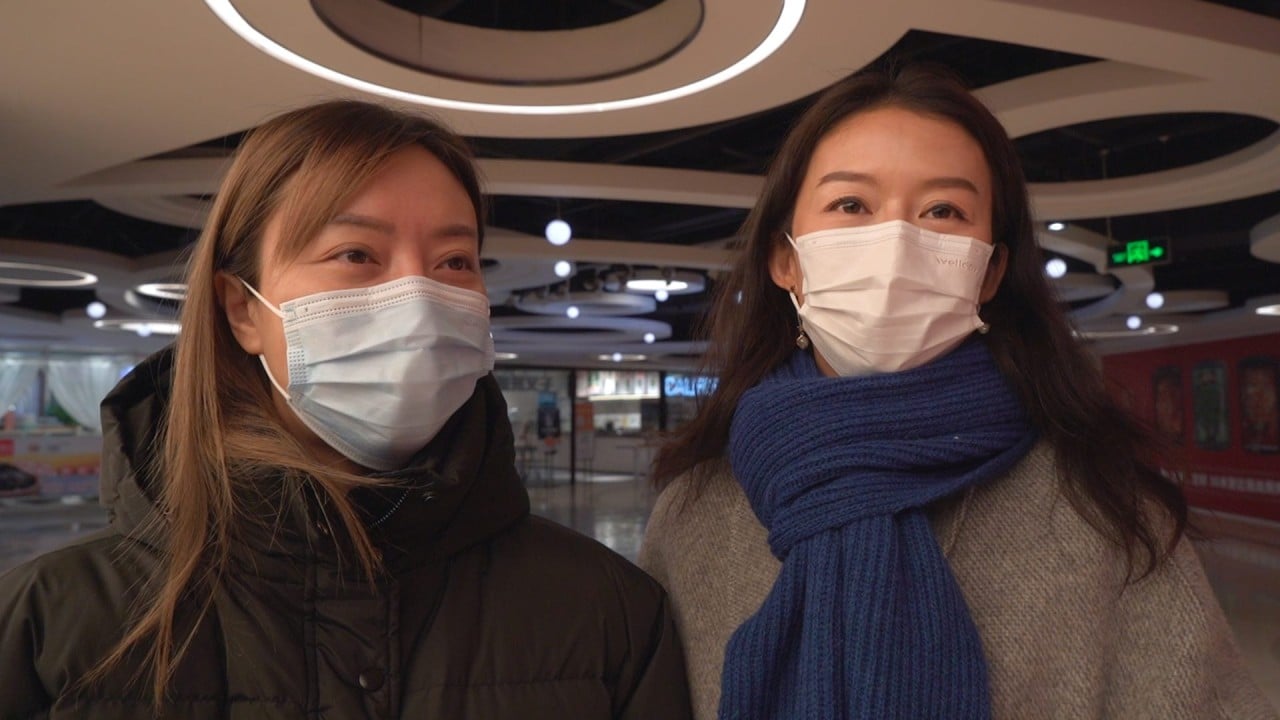
As Covid rages, is rural China ready for the biggest travel surge in years?
- Ahead of the Lunar New Year, worries mount over infections spreading to the countryside
- Health systems outside major centres face ‘extraordinarily severe’ situation, according to purported NHC memo
In two weeks, the biggest annual human migration on Earth will begin for the Lunar New Year, lasting about 40 days.
Travel platforms such as Qunar.com have predicted a surge in trips throughout China that could reach 80 per cent of pre-Covid levels.
In these areas, health systems tend to be more fragile, leaving many more people vulnerable to the dire consequences of mass infections.
Morgues overwhelmed: why China’s new Covid crisis is all of its own making
Rural health systems will confront an “extraordinarily severe” situation during the holiday because they are weak, and many elderly people have underlying diseases, according to a document circulating online and quoting National Health Commission chief Ma Xiaowei.
The document, said to be a memo of an NHC meeting on Wednesday, could not be independently verified.
Guo Wanshen, deputy director of Henan’s health commission, said he was concerned about widespread infections in rural parts of the province, where 42 per cent of Henan’s nearly 100 million residents live.
“We will step up monitoring areas with bigger outbreaks … surveillance and allocation of medical resources such as the number of beds, especially in grass-roots areas,” he said.
Guo said a campaign was also continuing to get every eligible elderly person vaccinated against Covid-19.
Chinese scientists highlight challenge of explaining work to public
“We only give fever medicine to people who have a temperature over 38.5 degrees Celsius (101.3 degrees Fahrenheit),” Yang said, according to CCTV.
In the southwest province of Sichuan, Gao Xia, head of a health centre in Yaan, said her hospital began planning ahead some time ago.
Still, some areas are yet to feel the intense health pressures from the impending holiday season.
Yu Hongmin, a migrant worker in Dalian who comes from a rural county in the northeast province of Heilongjiang, said she was told the hospitals in her hometown were operating “as normal”, and there were more than enough medical supplies.
Yu said her family had just sent her a pack of antigen tests from her hometown, which had been generally out of stock in Dalian.
“Covid situations vary significantly in different regions,” Yu said. “What I can do is prepare as much as I can.”



